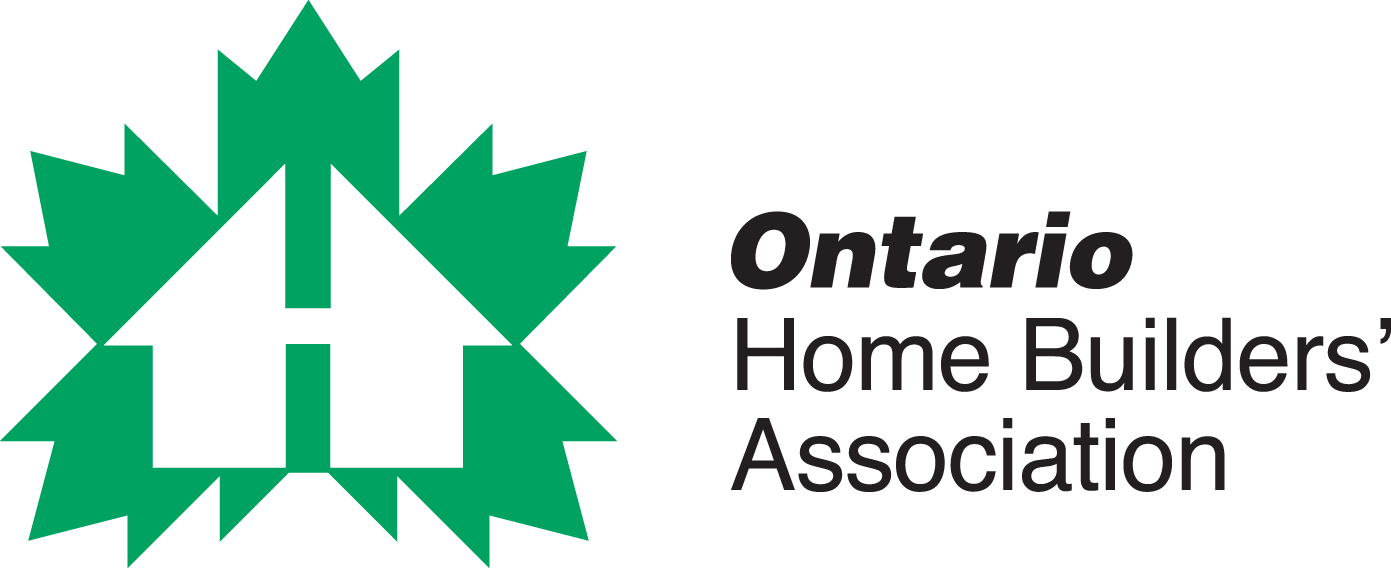By Andres Ibarguen
Here’s how to explain the realities of tariffs
Fiction: Tariffs are a tax on the exporting nation.
Fact: Tariffs are a tax the importer has to pay. Usually, importing companies will have to pass on all or most of the cost of the tariffs to the final consumer of a good.
***
Fiction: The residential construction industry is in a good position to withstand economic turbulence.
Fact: The residential construction industry is struggling. Housing starts are down 16% in Ontario, with some municipalities seeing a drop of over 60% in 2024. Many developers and home builders were already dealing with a decrease in revenue before the tariffs. The trade war may push the industry to a breaking point.
***
Fiction: Tariffs will not affect the residential construction industry.
Fact: Unfortunately, tariffs will affect the Ontario residential construction industry and the housing market at large. The economic uncertainty caused by the tariffs will have the greatest impact. The uncertainty, economic slowdown and risk of recession have already led investors to lose confidence in the market. They will be very cautious before pursuing any new projects, likely leading to a slowdown in the home building sector. Rising construction costs additionally pose a direct risk to the industry. This can come in many forms. For example, supply chain disruptions, steel and aluminum price increases due to tariffs or counter-tariffs, and currency depreciation, which makes imports more expensive.
***
Fiction: New house prices will decrease because of tariffs.
Fact: Disruptions in the supply chain, tariffs and counter-tariffs will likely lead to higher construction costs. There’s also a risk of a wider inflationary effect due to tariffs. This means that it will be more expensive to build new homes, and part of that cost will be passed on to consumers.
***
Fiction: Housing supply will not be affected by tariffs.
Fact: With investors losing confidence in the market, there will be fewer housing starts, and ongoing projects are being put on pause. This will not only have an immediate effect on housing supply but also a lasting effect on housing starts, as the market will take time to bounce back after the trade war ends. Capital will likely look to other jurisdictions with more favourable development conditions (i.e. the U.S. or Western Europe, or shift to different asset classes entirely) as Ontario receives the brunt of this trade war.
***
Fiction: The trade war will at least improve housing affordability.
Fact: A recent study by the Missing Middle Initiative commissioned by the Ontario Home Builders’ Association (OHBA) showed how badly housing affordability had deteriorated in Southern Ontario over the past 20 years, with single-family homes in most urban markets being unattainable for middle-class households. While we may see home sales and prices decline due to a decrease in activity in the market caused by tariff-related economic uncertainty, it is only a temporary reprieve that does not affect fundamental house prices. The only way to have a lasting impact on housing affordability would be to significantly increase the supply of houses. However, the trade war is hurting housing starts—something that will likely linger for years and have a damaging effect on housing supply. That means we will likely see affordability worsen over time.
***
Fiction: Home builders are making huge profits and do not need support.
Fact: The residential construction industry has been struggling for years due to the difficult economic environment, high levels of taxation and bureaucracy, and the housing crisis. Builders, developers and renovators have never operated with high margins, and in recent years, they’ve had to confront rising interest rates and higher costs due to inflation while also dealing with a labour shortage. Moreover, many are unable to sell the houses they built as market dynamics shifted, which has led to decreasing sales for the homes they bring to market or, in the case of the condos, left buyers unable to close. This, coupled with the economic uncertainty we face due to the trade war, has led to a loss of confidence in the market, exposing the province to the risk of a worsening housing crisis. It’s important to support the industry right now because it’s by working together between the public and private sectors that Ontario will get out of the current housing crisis.
***
Fiction: The provincial government cannot do anything to help the residential construction industry through this period of economic uncertainty.
Fact: The provincial government has many tools available to help the industry survive the trade war. Cutting red tape and streamlining approvals to make it easier to build would significantly impact housing starts. Another way to directly impact housing supply would be decreasing or deferring government fees and taxes to lower building costs and incentivize investors wary about entering the market.
Become a member of the Ontario Home Builders’ Association.

